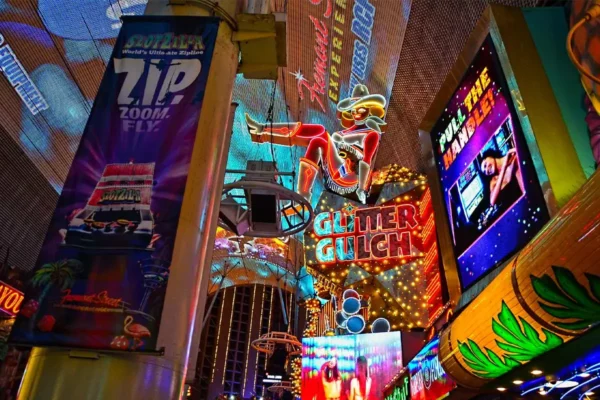AEG, a facility management firm, announced March 10 that it is no longer in discussions with the National Football League (NFL) for a proposed stadium project in downtown Los Angeles. Additionally, the firm will not extend its April 17 deadline as agreed with the City of Los Angeles for the project.
“When AEG sought an initial extension to our agreement with the City last year, we committed to proceed in good faith, with an understanding that we would also explore alternative plans for L.A. LIVE,” said Ted Fikre, vice chairman, AEG. “After years of work on the stadium project, including execution of a term sheet with the NFL and over a year of negotiations in earnest with the league, it has become evident that a transaction that would be satisfactory to AEG, the City and the NFL is not achievable in any foreseeable time frame.”

AEG plans to move forward with the on-going development of the L.A. LIVE campus, where the company is focused on building it as the hub for sports and entertainment activity in Southern California and as a resurgence of the Los Angeles Convention Center (LACC). A plan for an additional hotel property at L.A. LIVE will add 755 new hotel rooms together with additional conference, retail and restaurant space.
“As AEG has stated in the past, the company shares the City’s vision to improve the Convention Center with additional hotel rooms and complementary resources nearby,” said Fikre. “AEG does not want to further delay the pursuit of those objectives and therefore will immediately commence discussions with the City in order to move forward with plans for this exciting project.”
With its headquarters in Los Angeles, AEG will follow with interest the efforts of others to develop an NFL stadium at other potential sites in the Los Angeles area.
“We continue to support the return of the NFL to the Los Angeles area, as long as the ultimate development of a football stadium in the region is done through an open, fair and transparent process rather than through short-cuts that could have long-term negative consequences for the City of Los Angeles, its neighboring communities and the general public,” Fikre stated. “While we believe that some of the alternative sites being considered in Southern California by the NFL and certain of its teams could be developed in an intelligent and responsible fashion, we would not support any project that is being rushed to market without a public process where environmental, economic, operational and community concerns can and should be examined and addressed.”





























